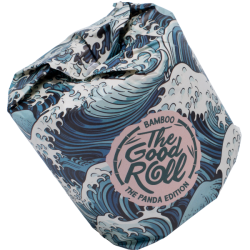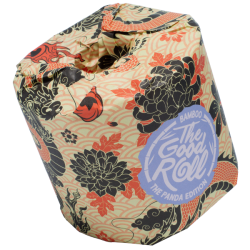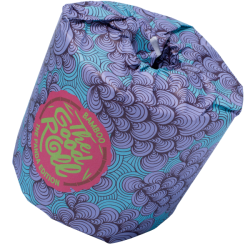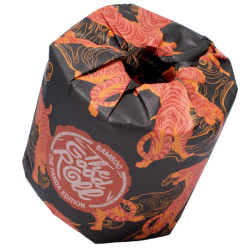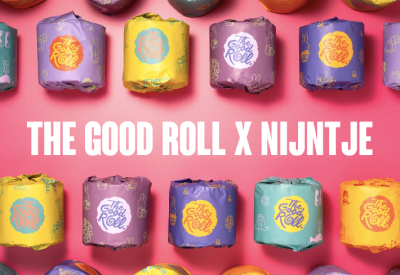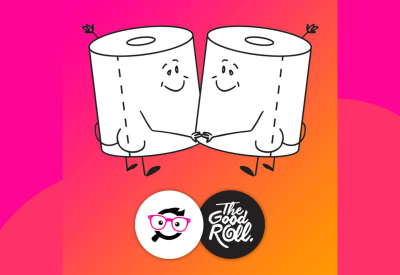Bamboo Experiment: A Sustainable Future
The Good Roll is teaming up with Safisana to enhance the living conditions of farmers in Ghana and boost their income! Safisana is a social enterprise based in Weesp, with a facility in Ghana - just like us! Safisana's mission is to transform organic fertilizer into valuable products in lower- and middle-income countries. They achieve this by establishing and operating recycling factories within local communities. Bamboo plays a vital role in paper production and takes center stage in this story. This is precisely where this remarkable collaboration ensues.
The bamboo project
This project is all about experimenting with organic fertilizers in collaboration with Ghanaian farmers to assess how effectively fertilizers can enhance bamboo growth. We aim to elevate not only the bamboo itself but also the entire bamboo production in Ghana to a higher and more sustainable level. According to Daniel Larkai, head of the Agronomy Department at Safisana, bamboo typically grows in the wild, without artificial or other types of fertilizers being added to it. Therefore, through this experiment, our collaboration with Safisana centers on enhancing both the quality and quantity of bamboo that we can harvest.
Our mission
Jeroen Zevenbergen, Operations Manager of The Good Roll in Ghana, said: 'We are building a paper factory that can start producing about 25 tonnes of bamboo pulp annually. Our mission is to become the world's first Fair Trade toilet paper brand while having a positive impact on local farmers. Once the factory is operational, we will begin working with approximately 1,000 local Ghanaian farmers. Among other initiatives, we will assist them in establishing farmers' associations, and we will even start a nursery to cultivate bamboo cuttings. We will provide these cuttings to the farmers, enabling them to increase their production. The goal is to offer farmers higher yields and income in an environmentally friendly manner, without requiring additional farmland. This bamboo cultivation test, in collaboration with Safisana, is a significant step in that direction.
The Experiment
We are going to investigate how beneficial it is to use organic fertilizers for bamboo, and we will do so in farm fields next to the Safisana recycling plant in Ashaiman. This factory is part of the Ghana Irrigation Development Authority. We have just started planting organic bamboo plants received from INBAR, an organization that uses bamboo and rattan to promote sustainable development. The experiment is expected to last about two years. Daniel Larkai explains: 'We will test 4 different pieces of land. On one piece of land, we will not use any fertilizer at all, and on the other pieces of land, we will add different amounts of Asase Gyefo in the planting hole - one, two, and three kilograms to be exact. That way, we want to discover which amount works best.
The Versatility of Bamboo
We want to make farmers aware of the amazing versatility of bamboo, a natural and eco-friendly resource. 'Right now in Ghana, bamboo is seen as a weed, which is often burnt. This is actually quite a shame,' says agronomist Daniel Larkai, 'because bamboo is actually a very multifunctional and valuable product. It is as strong as steel and can serve as a sustainable alternative in construction instead of iron bars. It can even replace cotton in clothing. It is also a source of renewable energy, and for farmers, it can help in soil remediation and removal of contaminants, such as heavy metals, from the soil.'
Larkai is confident that our experiments with organic fertilizers will increase overall bamboo production. In short, bamboo still has so much undiscovered potential, and we hope these research efforts will inspire farmers to fully embrace its potential.

